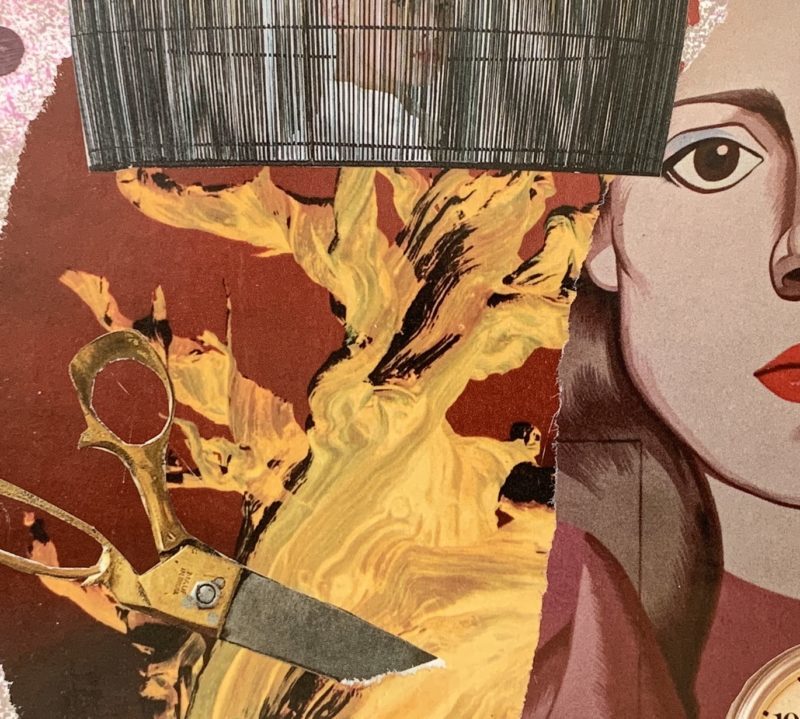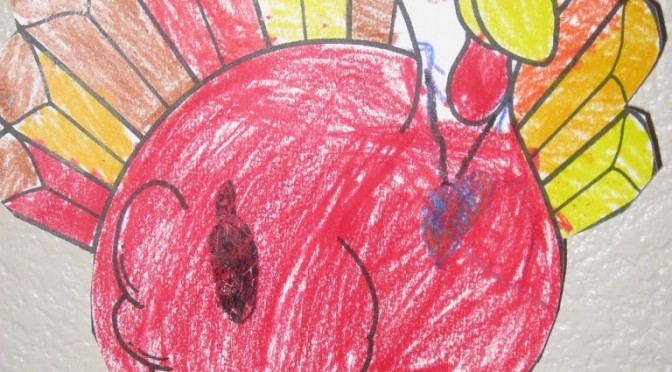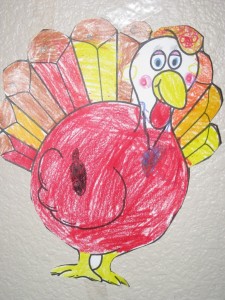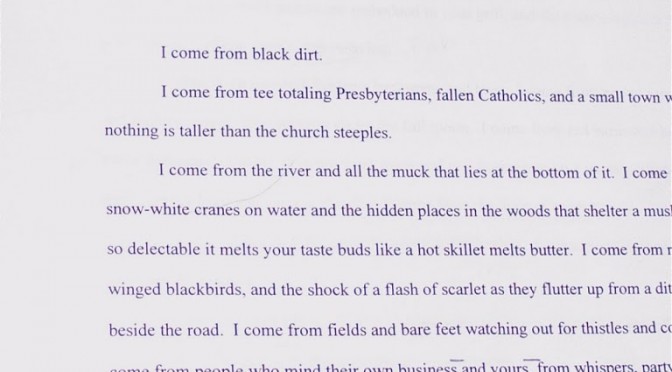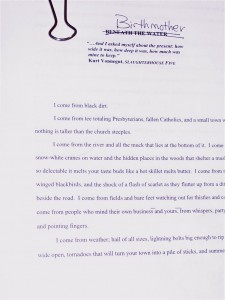What I’m thankful for this Thanksgiving includes this.
 The sight of my youngest child giving the youngest grandchild a “plane ride” by lifting him into the air on her feet while lying on the ground with her legs extended.
The sight of my youngest child giving the youngest grandchild a “plane ride” by lifting him into the air on her feet while lying on the ground with her legs extended.
Of course, I’m thankful for a lot of other things too.
Like Concerned United Birthparents, which on a very serpentine trail led me to my son. Without having found him, I wouldn’t know that I have grandchildren.
The sound of the blender in the kitchen and my son asking me, “salt or no salt?”
The ring of my my cell phone with the song “Wooden Ships on the Water.” This means the tall-ship-sailor daughter is calling, even though she can’t join us in person.
So much happy noise that it’s hard to have a conversation.
I’m thankful, too, to be at my son’s house. The table here where all of us gather. Adoptive parents, birthmother, children, grandchildren, siblings.
